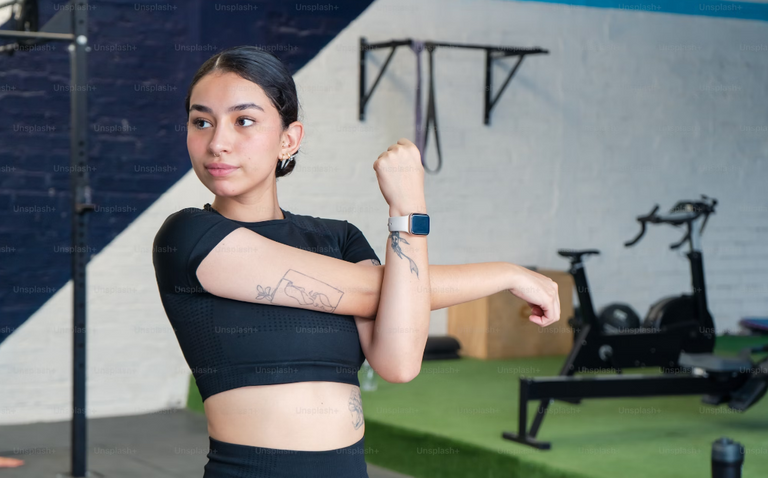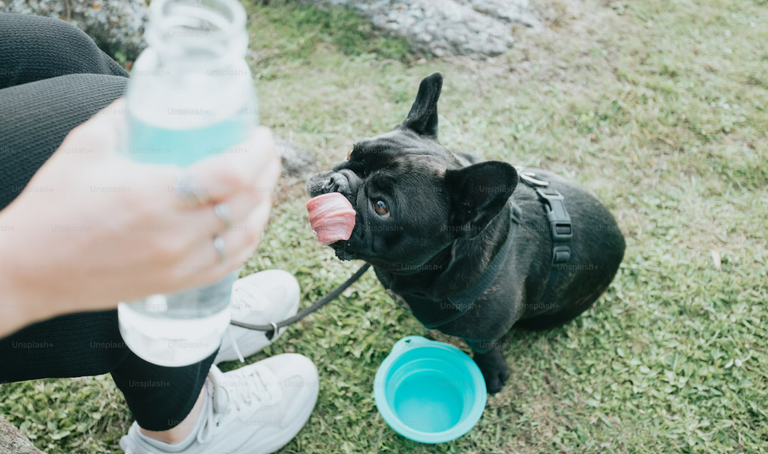Here are some practical tips for older adults to maintain physical and cognitive well-being:
1. Regular Physical Activity
- Walk daily: A simple, low-impact exercise that keeps your body moving and enhances cardiovascular health.
- Strength training: Use light weights or resistance bands 2-3 times a week to maintain muscle strength and bone health.
- Stretching: Incorporate flexibility exercises, like yoga or simple stretches, to keep your joints healthy.
- Balance exercises: Try Tai Chi or balance-specific exercises to improve stability and prevent falls.
2. Engage Your Mind
- Puzzles and games: Activities like crosswords, Sudoku, or card games stimulate the brain and enhance cognitive functions.
- Learn new skills: Take up a new hobby like painting, gardening, or knitting. Learning new things keeps your brain active.
- Read regularly: Books, articles, or magazines help keep your mind engaged and improve memory.
- Practice mindfulness: Meditation or deep breathing exercises reduce stress and enhance mental clarity.
3. Stay Socially Connected
- Maintain relationships: Regular interaction with family and friends helps reduce the risk of isolation and keeps you emotionally healthy.
- Join a club or group: Participate in community centers or senior groups to engage in social activities.
- Volunteer: Giving back to the community is rewarding and keeps you socially active.
4. Healthy Diet and Hydration
- Eat a balanced diet: Include plenty of fruits, vegetables, whole grains, and lean proteins in your diet to nourish your body and brain.
- Stay hydrated: Drink water regularly to avoid dehydration, which can cause fatigue and confusion.
- Omega-3 fatty acids: Include foods like fish, walnuts, and flaxseeds, which are beneficial for brain health.
5. Get Enough Sleep
- Aim for 7-9 hours of quality sleep each night. Rest is essential for physical recovery and mental alertness.
- Establish a regular sleep schedule to regulate your body's internal clock.
6. Routine Health Check-ups
- Regular doctor visits can help monitor your physical and mental health. Early detection of issues like heart disease, diabetes, or cognitive decline can make a big difference.
7. Limit Screen Time
- Avoid too much television or screen time, as it can make you feel sluggish. Instead, spend time outdoors or engage in a physical or creative activity.
8. Challenge Yourself
- Set small goals for yourself, like walking an extra block or reading more complex material, to constantly challenge your body and mind. Growth at any age is possible!

Source
By incorporating these simple strategies, older adults can maintain an active, vibrant, and mentally sharp lifestyle.

